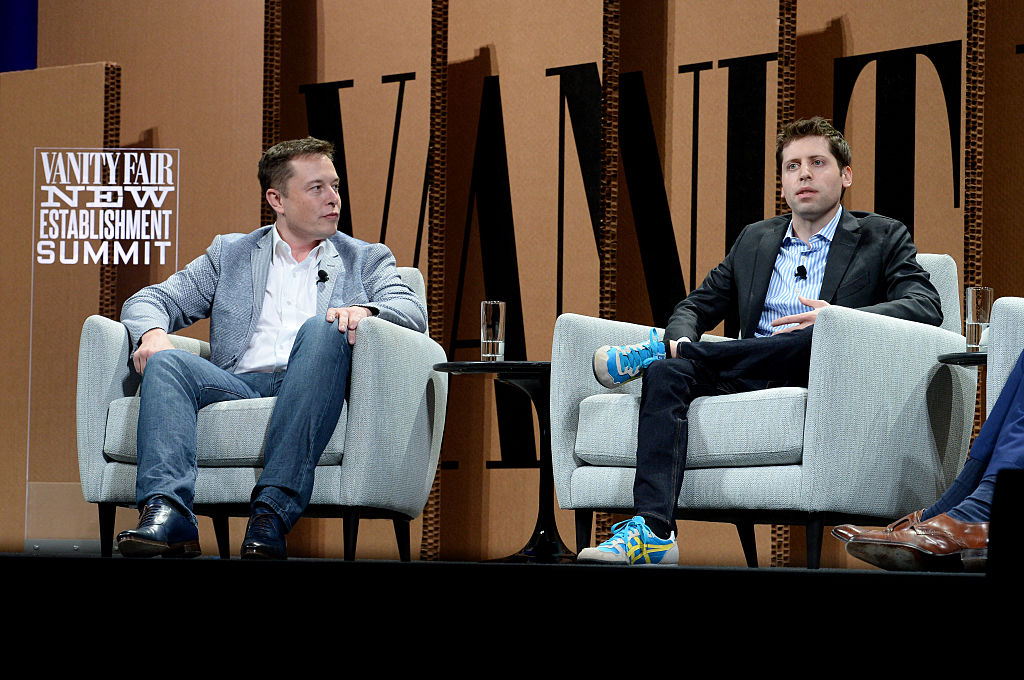Elon Musk has filed a lawsuit against OpenAI and its CEO Sam Altman, accusing them of prioritizing profit over the original mission of benefiting humanity through open-source technology. Musk, who co-founded OpenAI but no longer has a stake in the company, alleges that its close relationship with Microsoft has led to it becoming a closed-source subsidiary of the tech giant. This move undermines the original purpose of OpenAI, which was to ensure that artificial general intelligence (AGI) benefits all of humanity.
OpenAI gained attention more than a year ago with the release of ChatGPT, which showcased advancements in AI technology but also raised concerns about the risks associated with the race to develop AGI. Musk, who has been vocal about the dangers of AI, believes that OpenAI’s transformation into a closed-source entity controlled by Microsoft goes against its stated mission. The lawsuit highlights the clash of interests between the pursuit of technological advancement and the ethical considerations of how AI should be developed and used.
The lawsuit not only impacts OpenAI, which is seeking to raise funds at a valuation of $100 billion or more, but also Microsoft, which has invested approximately $13 billion in the company. Microsoft’s shares have surged in value over the past year as the company positions itself as a leader in AI adoption. The legal battle between Musk and OpenAI could have far-reaching implications for the future of AI development and the relationships between tech companies in this rapidly evolving industry.
The lawsuit accuses OpenAI of breach of contract, breach of fiduciary duty, and unfair business practices, among other grievances. Musk’s legal action underscores the challenges faced by companies and individuals in navigating the complex landscape of AI ethics and governance. As AI technology continues to advance at a rapid pace, questions about accountability, transparency, and the impact on society become increasingly important.
The outcome of Musk’s lawsuit against OpenAI and Microsoft will be closely watched by industry observers, policymakers, and the public as a whole. It serves as a reminder of the ethical dilemmas surrounding AI development and the need for clear guidelines and regulations to ensure that technological innovation is aligned with the interests and well-being of humanity. Ultimately, the legal battle between Musk and OpenAI raises important questions about the future of AI and the responsibilities of those involved in shaping its trajectory.









